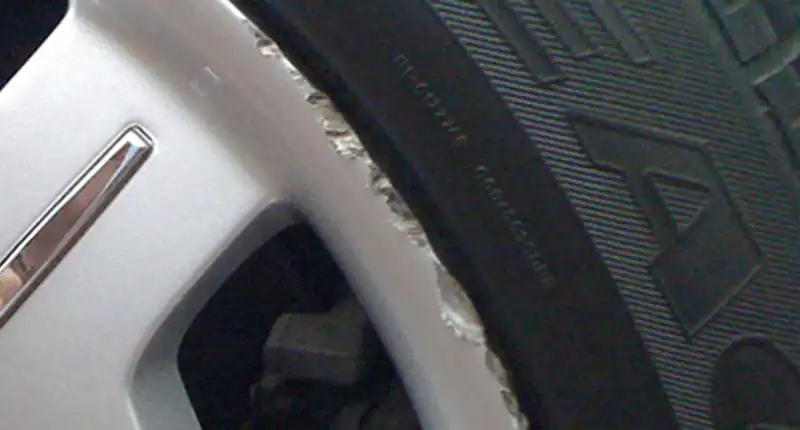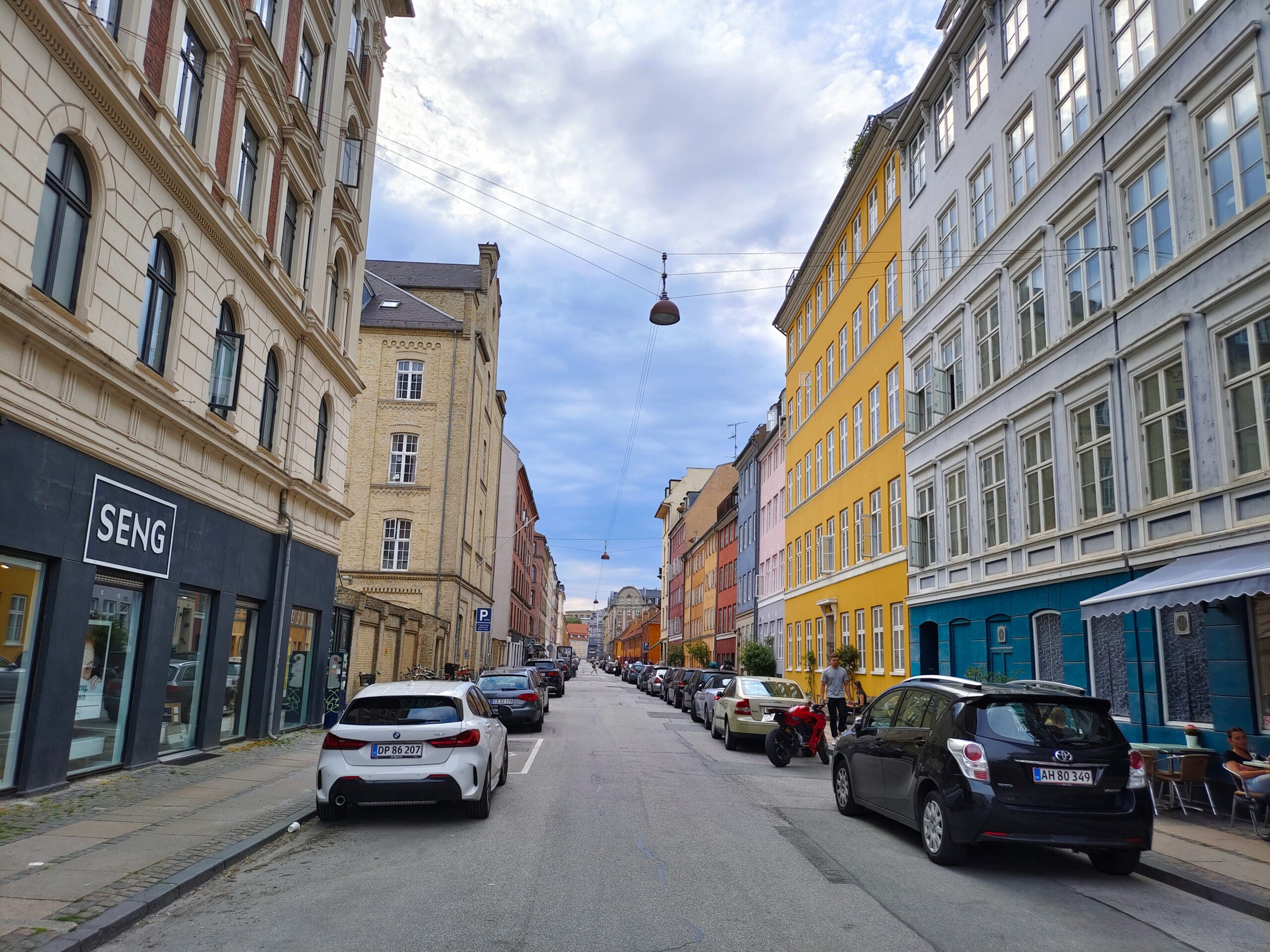Sparen Sie 50 € bei Ihrer ersten Reparatur mit dem Code: Repair2Care
Sparen Sie 50 € bei Ihrer ersten Reparatur mit dem Code: Repair2Care

Curb damage occurs when your car's tires or rims hit a curb. This often happens when parking or driving along a roadside.
While it may seem like a minor incident, it can have serious consequences for your tires, rims and the overall safety and performance of your car if you don't pay attention and get the damage repaired.
There are several situations where curb damage can occur:
Parking: Misjudging the distance to the curb can result in the tire or rim hitting the curb, causing damage to the rim or tire.
Narrow Roads: Driving on narrow roads or driveways can lead to the car inadvertently coming into contact with the curb.
High Curbs: In some areas, curbs are particularly high, which increases the risk of hitting them.
Poor Visibility: Driving in bad weather or at night can make it difficult to judge the distance to the curb correctly.
Curb damage can range from minor cosmetic damage to more serious issues that require expensive repairs. Some of the most common consequences include:
Damage to Rims: Scratches and dents in the rims can not only be unsightly, but also affect the balance and performance of your car. Fortunately, it is possible to have your rims repaired if there is only minor cosmetic damage to the rim.
Tire Damage: Damage to the tire sidewall can lead to air loss or, in the worst case, tire explosions. However, this is often only a minor puncture.
Wheel Alignment: Repeated curb damage can affect the tracking of the car. This can result in uneven tire wear and poor handling.
Suspension System: In severe cases, curb damage can also affect the car's suspension system, which can lead to very expensive repairs. In addition, there are also various safety risks associated with this type of damage.
While curb damage can be frustrating, there are several measures you can take to minimize the risk:
Park Carefully: Practice parking along curbs with sufficient distance. Use mirrors and sensors to help with accuracy.
Drive Slowly: When driving on narrow roads or in heavy traffic, it's a good idea to drive slowly so you can better judge, and thus pay extra attention to, the distance to the curb.
Use Technology: Modern cars are often equipped with parking sensors and reversing cameras that can help avoid parking damage, but they rarely work down to tire height.
Choose Your Parking Spaces Carefully: If possible, choose parking spaces with a lower risk of curb contact, like parking garages or wider streets.
Regular Maintenance: Inspecting tires and rims regularly can help detect and fix minor damage before it becomes a major issue.

Curb damage can be an annoying and often costly challenge for drivers. By being aware of your surroundings and taking some simple precautions, you can minimize the risk of damage and keep your car in good condition.
However, if you do suffer damage from hitting a curb, it is possible to have your rims repaired.
Curb damage can happen to all types of rims and can be repaired. We offer these types of rim repairs: